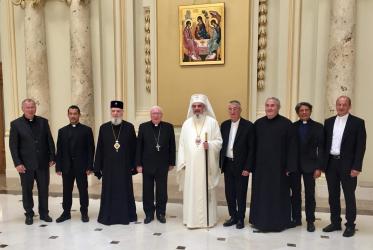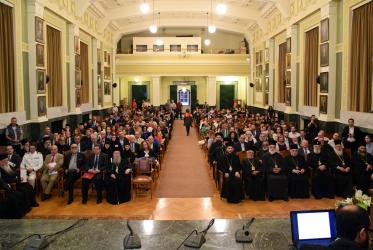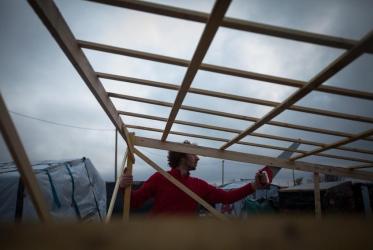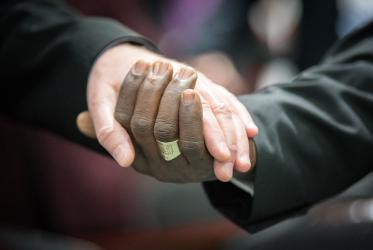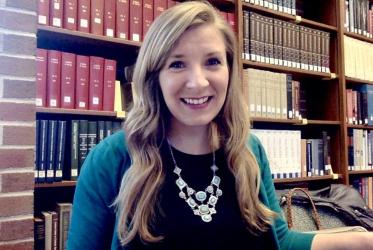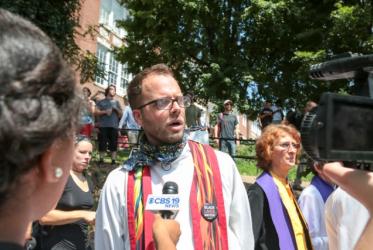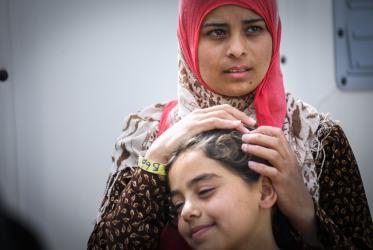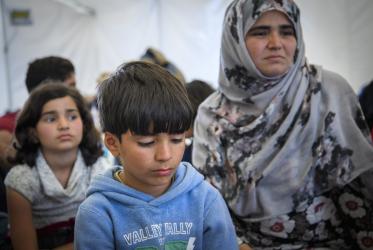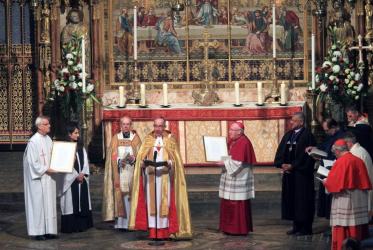Displaying 121 - 140 of 328
Creating a better future for Syrian-Armenian youth
29 March 2018
Faces of Hope raises awareness
07 March 2018
Show up in fight against racism, is white American pastor’s plea
14 February 2018
Konrad Raiser shares ecumenical journey of transformation
06 February 2018
Not just numbers, displaced people need to share their stories
01 February 2018
Westminster Abbey hosts service marking Reformation anniversary
01 November 2017
